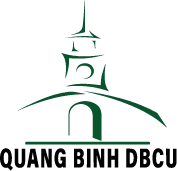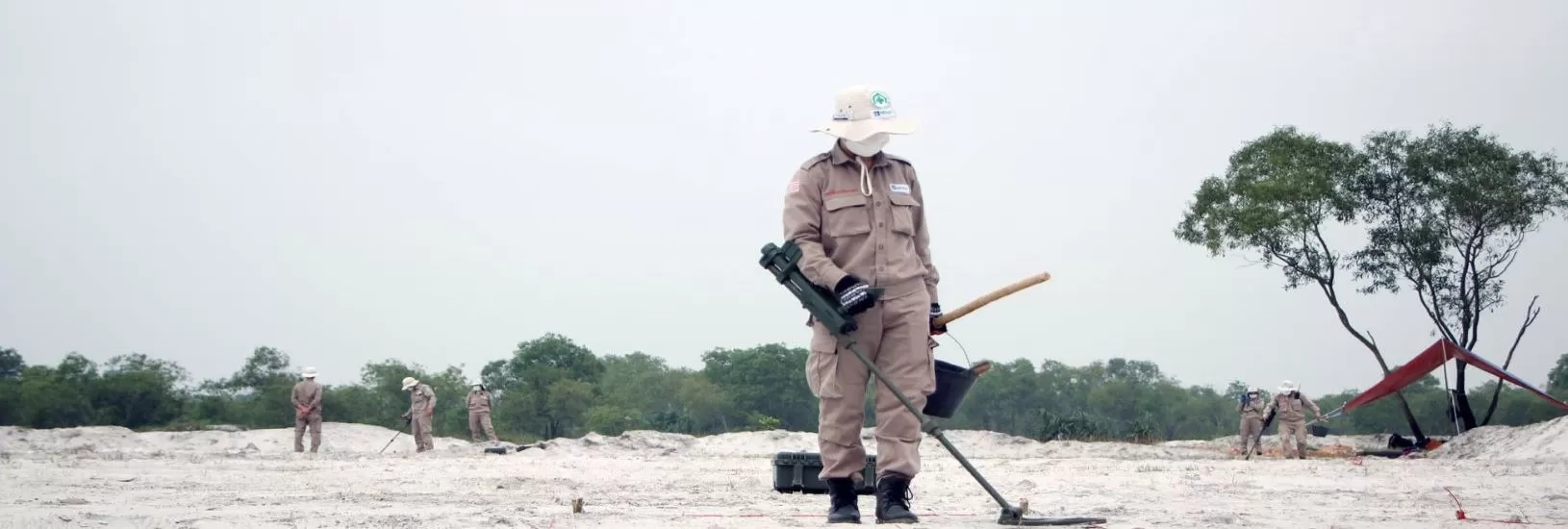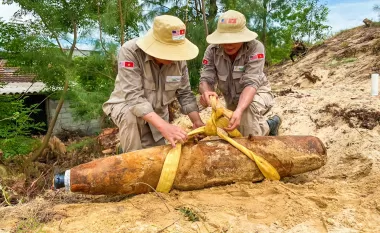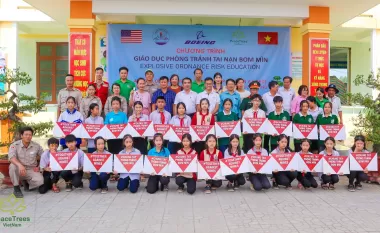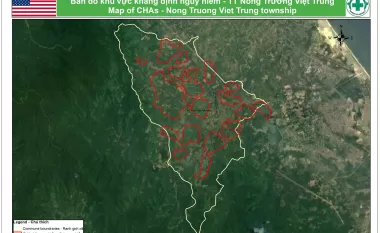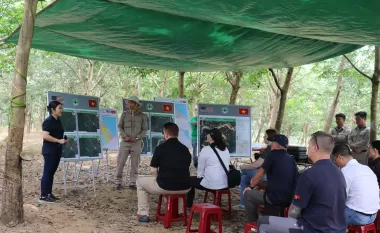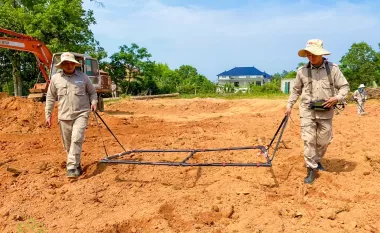Improved livelihoods following clearance in Cu Nam commune
Cu Nam commune, located in Bo Trach district in the central province of Quang Binh, used to be a military station and one-night halt for Vietnamese soldiers heading southwards.
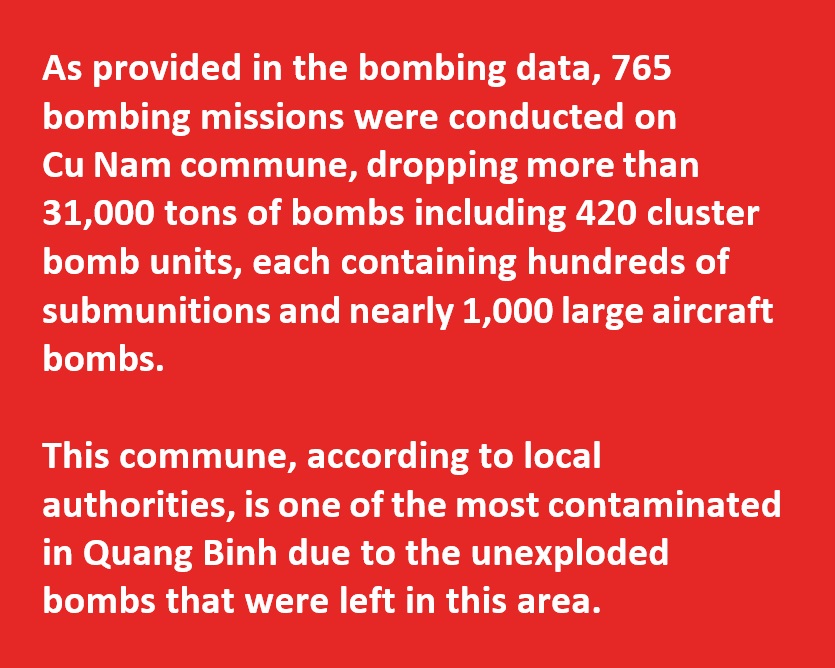
In 2015, Cu Nam commune was assigned to MAG for clearance of cluster munition remnants. Our mine action work in this area took eight years to clear 22,875,012 square metres of contaminated land, covering 96% of the commune. The safe land has enabled local residents to engage in agricultural activities, build infrastructure, and improve their livelihoods.
 |
22.875.012 m2 of land cleared and now safe for use |
 |
12.789 unexploded bombs destroyed |
Mr Huu's family
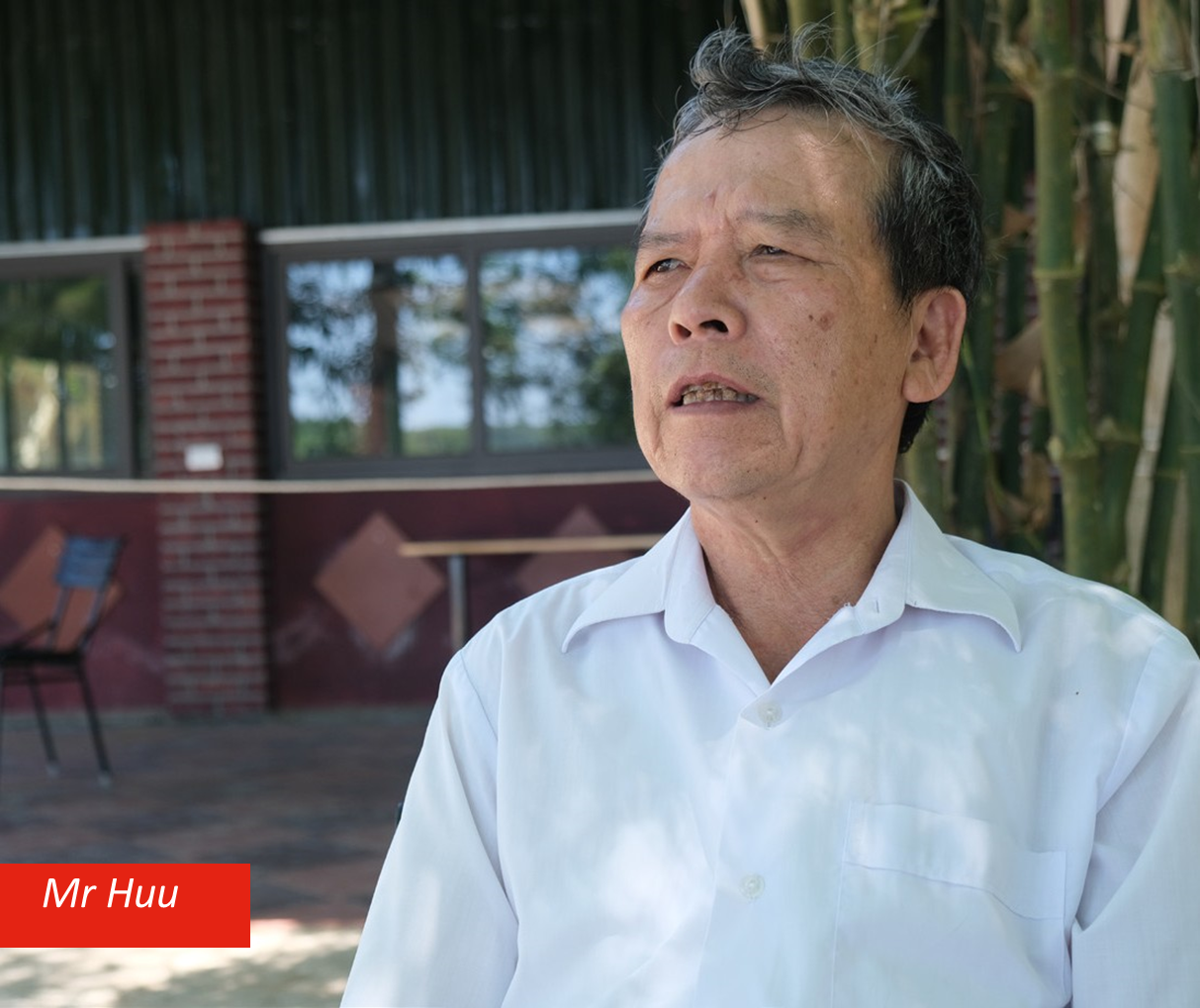
“During and after the war, Cu Nam was full of bombs and bullets. Many people worked on their lands while unexploded bombs were still on the ground,” Mr Huu said.
Mr Huu’s family owns 1,900 square meters of land which they used to grow eucalyptus. Although this type of tree does not provide a good income - a total of about 100 million Vietnamese Dong (US$4,200)
in 18 years - the family still planted it as it did not require excavation.
“Every time we prepared for the next eucalyptus crop, we hired scrap teams to check for bombs. As they aren’t professionals, I was concerned something dangerous might happen. But I was also concerned about my family’s safety. If we hadn’t cleared the ground first, we couldn’t have planted trees, as three people died digging in the ground here before,” he shared.
People living in contaminated areas like Mr Huu live in constant fear of their own land. They hear stories of people being killed or injured by unexploded bombs, and they didn’t want to become one of them.
Mr Huu’s family farm is part of one of MAG’s clearance sites in which MAG cleared 192,412 square meters of land in 2020. On this site, MAG found and safely destroyed 389 unexploded bombs.
“Fortunately, professional clearance teams from MAG came here to clear the land. I was very reassured when they finished the clearance.”
His family turned their confidence into action. In the newly bomb-free area, cajuput was planted, which has a shorter harvest time than eucalyptus, but pays a higher income.

Huu looking over his family's farmland across the lake
“We rented a machine to dig up eucalyptus roots and plow the soil to make it more porous. Fertilizer and soil are both important for cajuput to grow strong.
If the soil is well harrowed, it will provide more nutrients for larger cajuput trees.”
The cajuput trees his family plantedwill need five years to harvest. Although only in their third year, the trees are already tall and strong. There was a trader who ordered this batch of cajuput trees for 80 million VND. Mr Huu’s family is delighted with the news and thrilled to see their efforts paying off.

Mr Huu family’s farmland planted with cajuput trees
Mrs Loan’s family
In the same way as Mr Huu’s family, Mrs Loan’s family also encountered bombs during farming.
“In the 1980s, I always encountered bombs when farming. There was no choice but to continue working. Whenever I left for work, I always prayed that I would be safe,” Mrs Loan recalled.

Mrs Loan and her husband, Mr Chien in their garden
In the post-war period, unexploded bombs hampered people’s ability to farm. In some cases when they could not make use of the land, like Mr Chien, they collected scrap metal from bombs and sold it for money.
“I joined one of those groups that found and sold bombs as early as the 1990s. They were poor and couldn’t support their families with agricultural income. One time I found a big bomb and brought it home to sell its metal and explosives. At the time, our life was very hard, so I couldn’t think about anything else. I often shiver when I recall it,” he shared.
Mr Chien stopped doing this dangerous job after a year because he worried about the safety of his two young sons, who might one day be curious about bombs, leading to horrendous consequences. Since the family has long been interested in raising pigs and chickens, they decided to make the switch.
“In 2010, we learned about developing a biogas production system from pig manure. We did not have money for it at that time, and also feared being hit by a bomb if we had to dig a deep for construction in our garden,” he shared.
2019 has been a year of change for the family after all their efforts. In addition to saving enough money to raise pigs for biogas, MAG finished clearing bombs in their area. Three cluster bombs lying 25 centimetres below the ground were found on their land and destroyed safely. After clearance the family decided to expand the garden and build a pig farm using biogas on 150 square meters of land.

 The pig farm of Mrs Loan - Mr Chien's family
The pig farm of Mrs Loan - Mr Chien's family
After four years, their pig income tripled to 100 million VND. The biogas generated can be used as a substitute for household cooking gas. This results in a monthly reduction of 700,000 VND in household expenditure. Moreover, the sludge that overflows from the digester can be used as fertilizer for plants and vegetable gardens, saving about 300,000 ViND a month on fertilizer. This not only reduces the economic burden on households but also promotes sustainable agricultural practices.
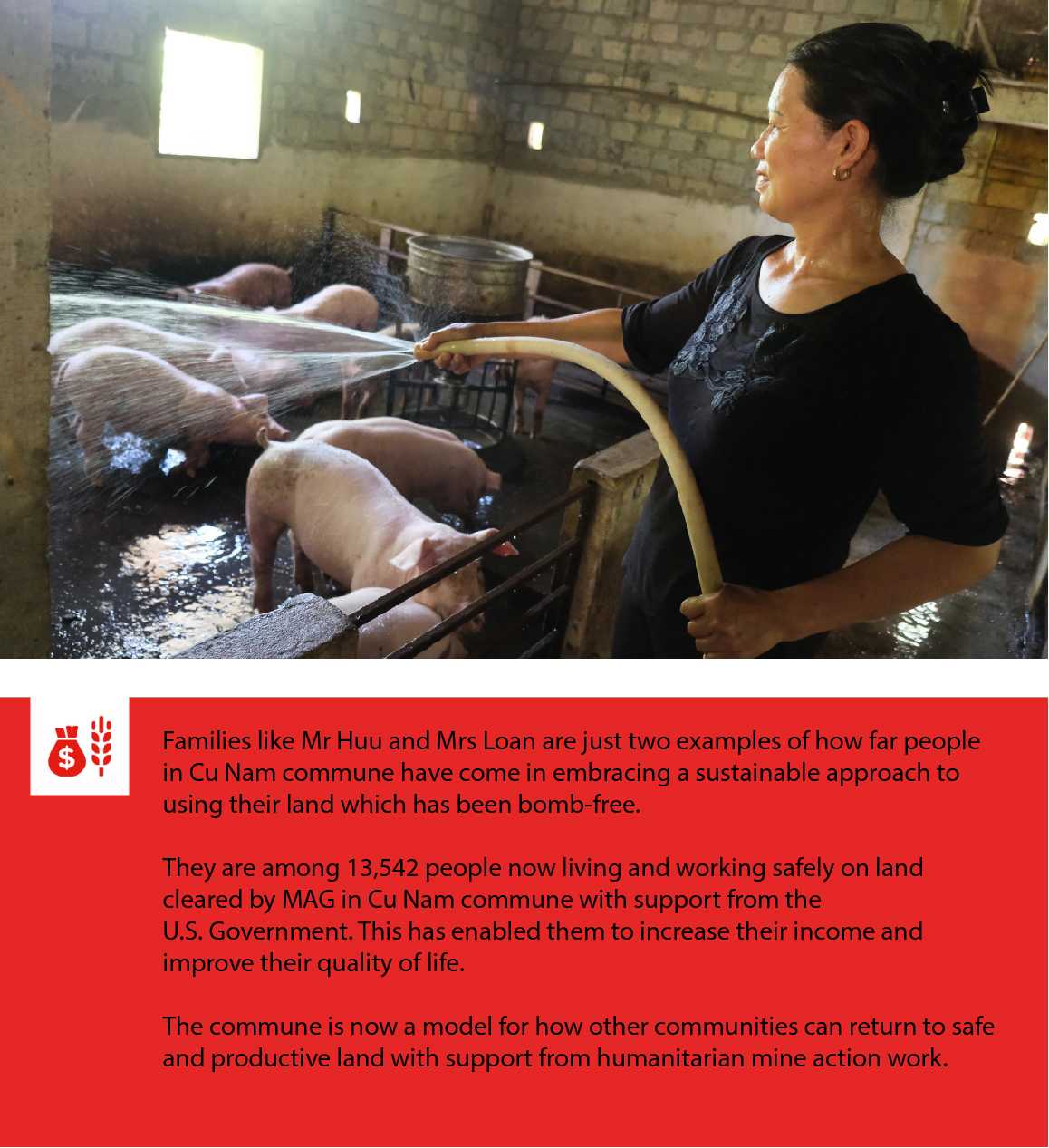 From: MAG VIET NAM
From: MAG VIET NAM
Share this:
